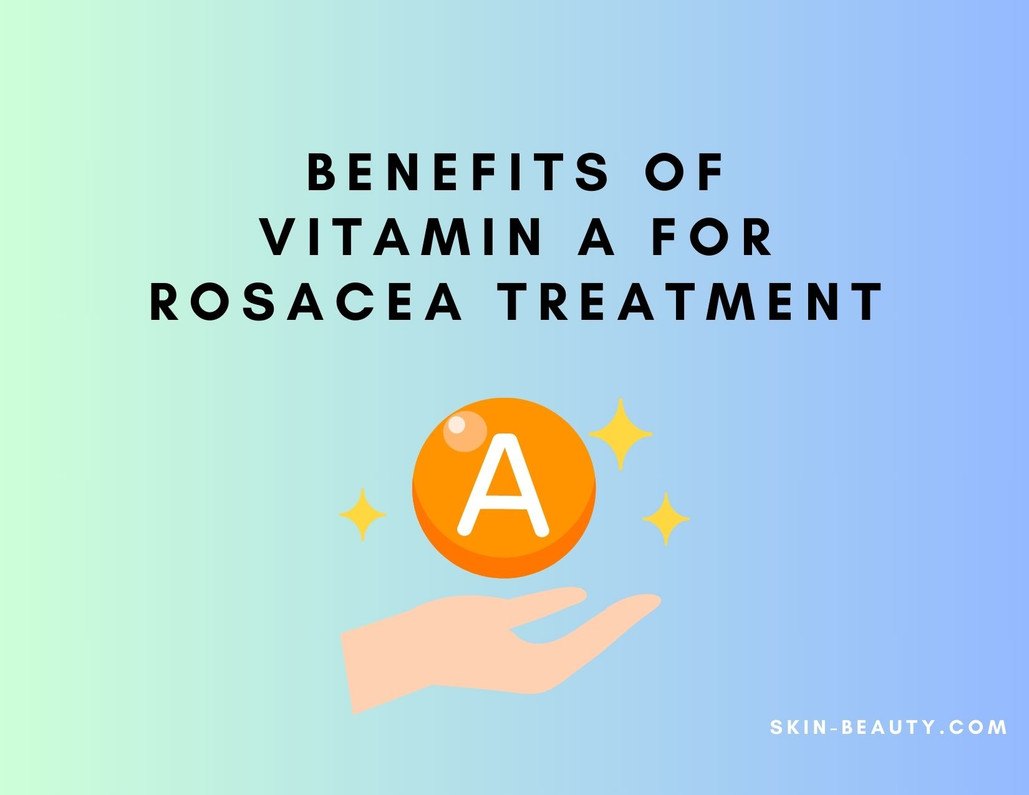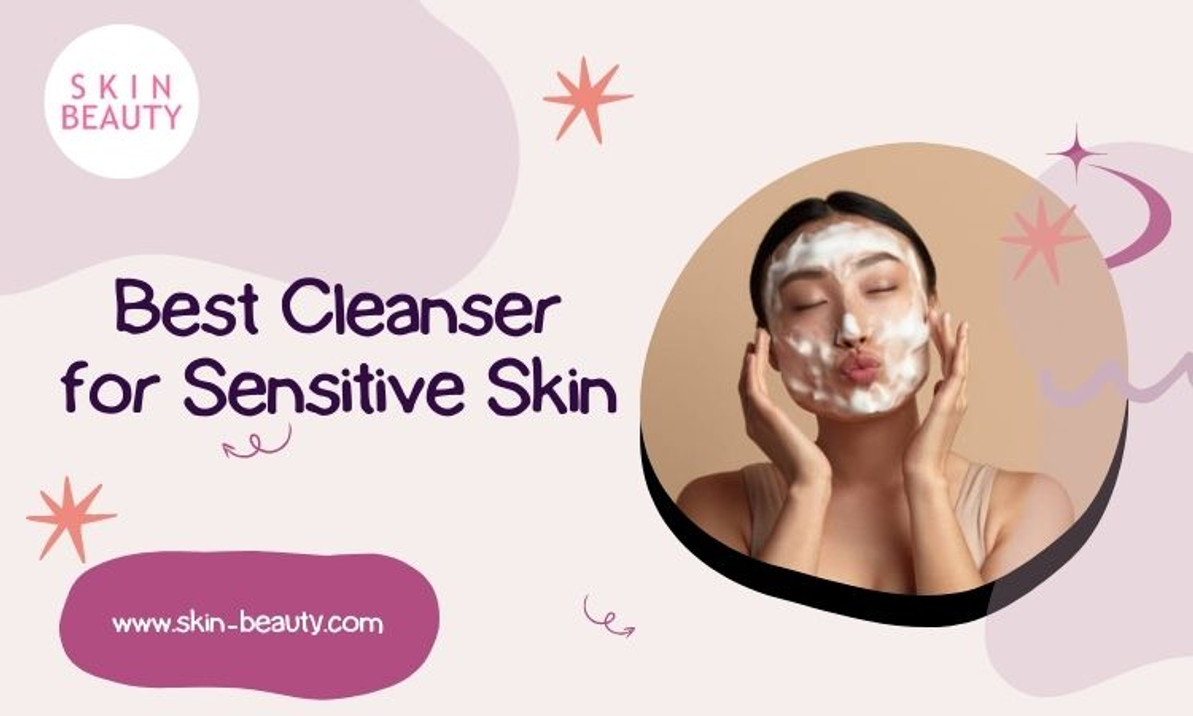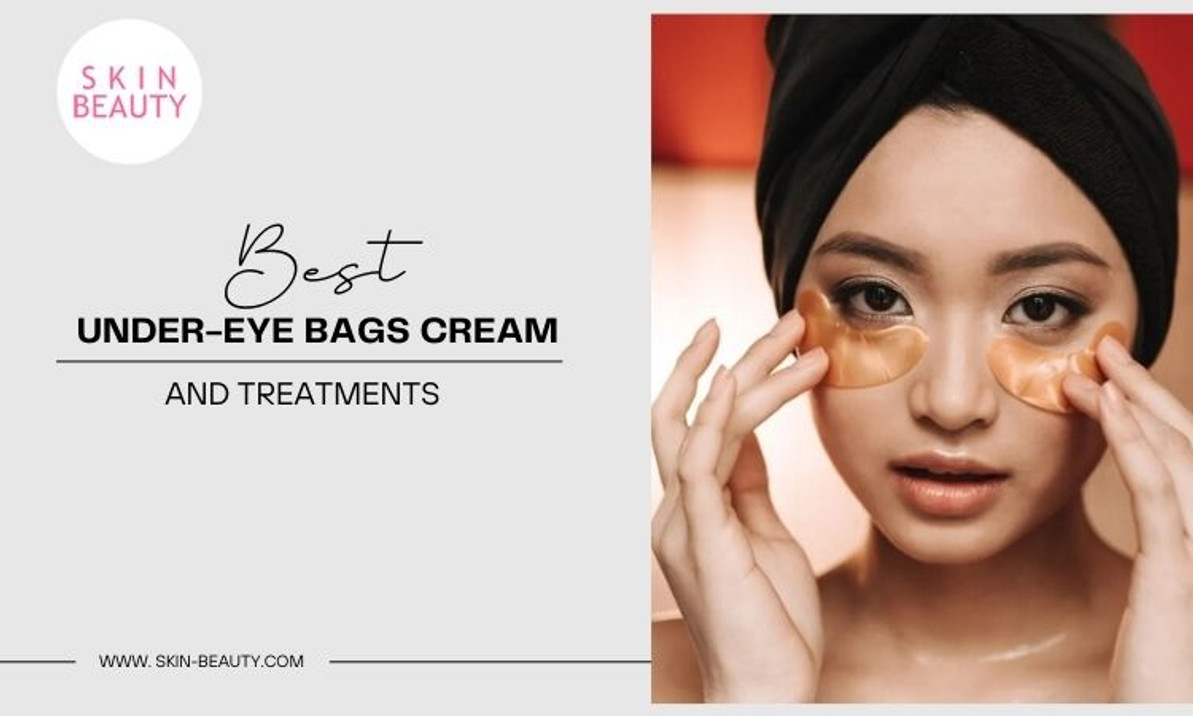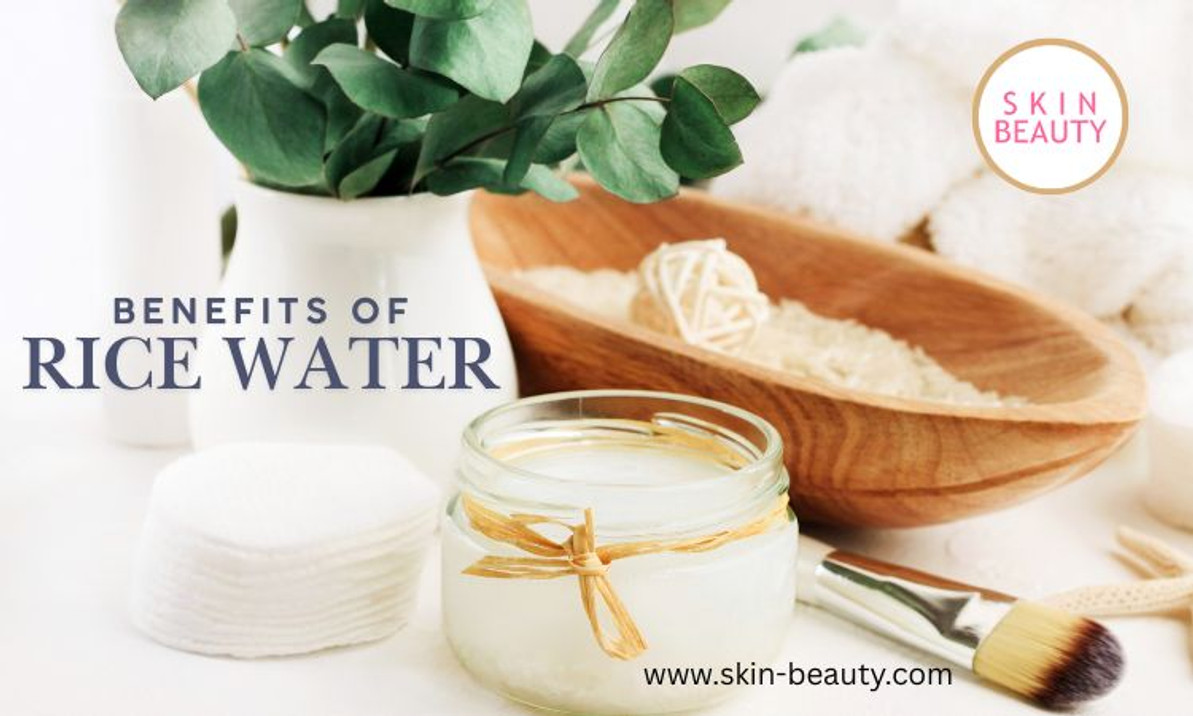Vitamin A For Rosacea
Unlocking the Benefits of Vitamin A for Rosacea Treatment
Are you tired of rosacea symptoms controlling your life? If so, you’re not alone. Millions of people worldwide struggle with this chronic skin condition, characterized by facial redness, visible blood vessels, and sometimes acne-like bumps. Imagine a world where you could unlock the power of a single vitamin to help you manage your rosacea symptoms and gain control over your skin’s appearance. Well, that world is here, and the key is Vitamin A.
In this blog post, we’ll explore the many benefits of Vitamin A for rosacea treatment, dive into the science behind this powerhouse nutrient, and provide expert tips to help you integrate Vitamin A into your skincare routine. Say goodbye to your rosacea symptoms and hello to a newfound confidence with the help of Vitamin A.
Key Takeaways
- Vitamin A and its derivatives can help manage rosacea symptoms, improve skin health, reduce inflammation & wrinkles.
- Topical & oral forms of Vitamin A offer different benefits for rosacea treatment.
- Additional nutrients and expert tips can be used to choose safe skincare products that effectively treat your condition.
Understanding Rosacea: Symptoms and Triggers

For those living with acne and rosacea, the symptoms can be both physically and emotionally challenging. Facial redness, visible blood vessels, and acne-like bumps are just a few of the signs that can make sufferers feel self-conscious and uncomfortable in their skin. Effectively managing this chronic skin condition requires a solid understanding of rosacea’s triggers and symptoms.
Rosacea flare-ups can be triggered by various factors, such as:
- Sun exposure
- Heat
- Humidity
- Alcohol
- Spicy food
- Warm food
- Stress
While these triggers may vary from person to person, being aware of what causes your rosacea to flare can help you take control and reduce the severity of your symptoms.
Skin inflammation is a key component of rosacea, and finding ways to reduce inflammation can significantly improve skin health and appearance. That’s where Vitamin A comes in. With its anti-inflammatory properties, Vitamin A can help decrease rosacea severity and provide relief from skin irritation.
When exploring the benefits of Vitamin A for rosacea treatment, bear in mind that not all treatments suit everyone due to differences in our skin. Consulting with a healthcare professional is crucial for determining the best course of action for your unique skin needs.
Now, let’s uncover the potential of Vitamin A as a powerful nutrient that can help manage rosacea symptoms and reclaim skin’s appearance.
The Role of Vitamin A in Skincare
Vitamin A is a fat-soluble vitamin that offers a multitude of benefits for skincare. It promotes cell turnover, reduces skin inflammation, and regulates sebum production, making it a vital component in managing skin health, particularly for those with rosacea. When it comes to derivatives of vitamin A, retinoids and retinol take center stage as they are commonly used in skincare products.
Retinoids and retinol are powerful forms of vitamin A that offer a promising solution for those seeking to manage their rosacea symptoms. With their ability to reduce inflammation and promote skin cell turnover, these derivatives provide an effective and natural solution for improving skin health and appearance.
Delving deeper into the world of vitamin A and its benefits for rosacea treatment, understanding the differences between topical and oral forms of this nutrient becomes important.
Retinoids and Retinol
Retinoids and retinol are derivatives of vitamin A that are widely used in skincare products to improve the skin’s appearance and manage various skin conditions, including rosacea. These powerful ingredients work by reducing inflammation and promoting skin cell turnover, leading to a healthier, more radiant complexion.
When choosing between synthetic and natural retinoids, it’s important to consider the potential side effects and effectiveness of each. Synthetic retinoids may have more severe side effects but are more likely to yield beneficial results, such as reducing thickened skin associated with rosacea. On the other hand, natural retinoids have milder side effects and can still be effective in managing rosacea symptoms.
Rosacea sufferers can benefit from using Retinol Treatment for sensitive skin. It is a great product to use at nightime. This treatment contains:
- Vitamin A
- Niacinamide (an antioxidant that calms rashes and prevents water loss)
- Ceramides (a type of lipid that retains skin moisture and protects the skin barrier)
These ingredients work together to soothe rosacea, calm inflammation, and maintain skin hydration.
While using retinoids and retinol, keep in mind their potential benefits like smoother skin texture and reduced wrinkles. Additionally, sunscreen usage is vital for added sun protection. Always consult with a healthcare professional before incorporating these powerful ingredients into your skincare routine.
Topical vs. Oral Vitamin A
Topical and oral vitamin A offer different advantages for rosacea treatment. Topical vitamin A, applied directly to the skin in the form of creams, serums, or ointments, is highly effective in treating skin conditions, managing rosacea flare-ups, and improving overall skin appearance. Oral vitamin A, taken as a dietary supplement, can also benefit skin health and may have a longer-lasting effect compared to topical vitamin A.
Topical vitamin A can help with the following:
- Reduce wrinkles
- Enhance skin tone and texture
- Diminish the appearance of acne
- Address inflammation and redness associated with rosacea
It’s particularly effective in addressing the inflammation and redness associated with rosacea, making it a valuable addition to any rosacea treatment plan.
Before adding oral vitamin A to your skincare regimen, consulting a healthcare professional is recommended to ensure its safe and effective use. A healthcare professional can help determine the appropriate dosage and form of oral vitamin A and ensure it doesn’t interact with other medications or supplements you may be taking.
How Vitamin A Helps Rosacea Patients

Vitamin A offers numerous benefits for rosacea patients, including:
- Strengthening the skin’s barrier function
- Minimizing dryness and sensitivity
- Providing anti-inflammatory properties
- Helping with the normal shedding of dead skin cells
- Improving the function of skin pores
By incorporating vitamin A into your skincare routine, you can greatly enhance the overall health and appearance of rosacea-prone skin.
One of the ways vitamin A helps rosacea patients is by improving the skin’s barrier function. It does this by boosting the production of lipids, which are essential for maintaining the skin’s moisture levels and preventing irritation. Additionally, vitamin A’s anti-inflammatory properties can help reduce inflammation and protect the skin from irritation and sensitivity.
By reducing dryness and sensitivity, vitamin A can also help alleviate some of the most common rosacea symptoms. It does this by boosting the production of natural oils that help keep the skin hydrated and prevent irritation.
Incorporating vitamin A into your rosacea treatment plan can lead to significant improvements in your skin’s health and appearance. By reducing inflammation, promoting skin cell turnover, and regulating sebum production, vitamin A can help you take control of your rosacea symptoms and enjoy a more confident, radiant complexion.
Potential Side Effects and Precautions
Although vitamin A can be a strong ally in fighting rosacea, being aware of potential side effects and taking necessary precautions is important. Some potential side effects of using vitamin A for rosacea treatment include skin irritation and increased sun sensitivity. To minimize these risks, it’s important to use sunscreen and limit sun exposure while using vitamin A products.
Pregnant women should also exercise caution when using vitamin A for rosacea treatment. Low-dose vitamin A, when taken orally or topically, can be safely used during pregnancy. However, it’s always best to consult with a healthcare professional before incorporating vitamin A into your skincare routine during pregnancy.
By being mindful of potential side effects and taking necessary precautions, you can safely and effectively use vitamin A to manage your rosacea symptoms and improve your skin’s health and appearance.
Integrating Vitamin A into Your Rosacea Treatment Plan
The guidance of a healthcare professional is invaluable when integrating vitamin A into your rosacea treatment plan. They can help determine the appropriate dosage and form of vitamin A for your specific needs, ensuring safe and effective use. This personalized approach is crucial for achieving the best possible results in managing your rosacea symptoms.
A comprehensive rosacea treatment plan should include a combination of topical and oral vitamin A, as well as other beneficial nutrients and supplements. By incorporating vitamin A into your skincare routine, you can effectively manage inflammation and redness associated with rosacea, while promoting overall skin health.
In addition to vitamin A, your healthcare professional may recommend other skincare products and treatments to further improve your skin’s health and appearance. These may include gentle cleansers, moisturizers, and sunscreens specifically formulated for sensitive skin.
By working closely with a healthcare professional and incorporating vitamin A into your rosacea treatment plan, you can take control of your symptoms and enjoy a more confident, radiant complexion.
Additional Nutrients and Supplements for Rosacea Management
While vitamin A plays a significant role in managing rosacea symptoms, other nutrients and supplements can also contribute to improved skin health. Vitamin C, niacinamide, and zinc are just a few examples of additional nutrients that can help manage rosacea symptoms and support overall skin health.
Vitamin Cis an antioxidant that helps protect the skin from free radicals, promotes collagen synthesis, and reduce skin redness. Niacinamide, a form of vitamin B3, helps improve the skin’s barrier function and reduces inflammation, making it an excellent addition to any rosacea treatment plan.
Zinc is an essential mineral that plays a crucial role in maintaining healthy skin and combating inflammation. It can help reduce redness and irritation associated with rosacea, making it a valuable supplement for those seeking to improve their skin’s appearance.
By incorporating these additional nutrients and supplements into your rosacea treatment plan, you can further enhance the benefits of vitamin A and promote healthier, more radiant skin.
Expert Tips for Choosing Rosacea-Friendly Skincare Products
Effectively managing and treating rosacea, with the aim to reduce rosacea symptoms, requires choosing the right skincare products. Here are some tips:
- Look for gentle, fragrance-free formulations
- Choose products that contain beneficial ingredients like vitamin A
- Avoid potential irritants such as alcohol, menthol, and exfoliating acids
When selecting a cleanser, opt for products that are free of fragrances, alcohol, and other potential irritants to ensure a gentle and effective cleansing experience. Nourishing ingredients like aloe vera, chamomile, and green tea extract can also help soothe and revitalize the skin.
Regular moisturizing is important for maintaining skin hydration and preventing irritated skin. Look for moisturizers specifically formulated for sensitive skin and apply them twice a day for optimal results.
Before incorporating new skincare products into your routine, it’s a good idea to patch test them on a small area of skin to avoid adverse reactions. Consulting with a dermatologist can also ensure you’re choosing the best skincare products for your unique needs and skin type.
Summary
In conclusion, vitamin A is a powerful and versatile nutrient that can significantly improve the lives of those suffering from rosacea. By understanding the symptoms and triggers of this chronic skin condition, and incorporating vitamin A into a comprehensive treatment plan, you can effectively manage your rosacea symptoms and enjoy a more confident, radiant complexion.
Don’t let rosacea control your life any longer. Unlock the benefits of vitamin A for rosacea treatment and discover a new world of healthier, more radiant skin. Your journey to clearer, more beautiful skin starts today.
Frequently Asked Questions
Is vitamin A good for rosacea skin?
Vitamin A derivatives are commonly used to treat rosacea, though not retinol itself. It is important to note that high doses of vitamin A and other retinoids should be avoided during pregnancy.
Which vitamin is best for rosacea?
Niacinamide and zinc are two vitamins which have been found to be particularly beneficial for both acne and rosacea. Niacinamide should be taken in the dosage of 500-800mg twice daily, while zinc can be found in a range of food sources including oysters, pumpkin seeds and beef.
What is the difference between retinoids and retinol?
Retinoids are stronger derivatives of vitamin A and are available by prescription, while retinol is a milder form of vitamin A found in over-the-counter products.
Are there any potential side effects or precautions I should be aware of when using vitamin A for rosacea treatment?
Using vitamin A for rosacea treatment can cause skin irritation and increased sun sensitivity, so it's important to use sunscreen and limit sun exposure. Pregnant women should consult a healthcare professional before using vitamin A products.
Can other nutrients and supplements help manage rosacea symptoms in addition to vitamin A?
Yes, a variety of other nutrients and supplements such as vitamin C, niacinamide, and zinc have been shown to help manage rosacea symptoms and support overall skin health.
Recent Posts
-
Best Face Wash for Sensitive Skin
My Journey to Finding the Best Face Wash for Sensitive Skin If you’re reading this, you probab …Apr 22nd 2025 -
Best Under-Eye Bags Cream and Treatment
Best Under-Eye Bags Cream and Treatment Do you have the dreaded under-eye bags that make you look l …Apr 14th 2025 -
Rice Water for Skin Benefits
Rice Water for Skin Benefits Rice water for skin has become a viral beauty trend that is supposed t …Apr 4th 2025




